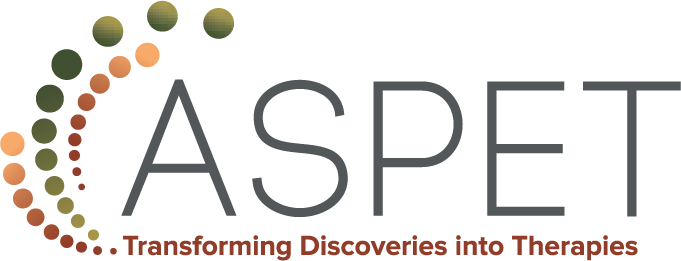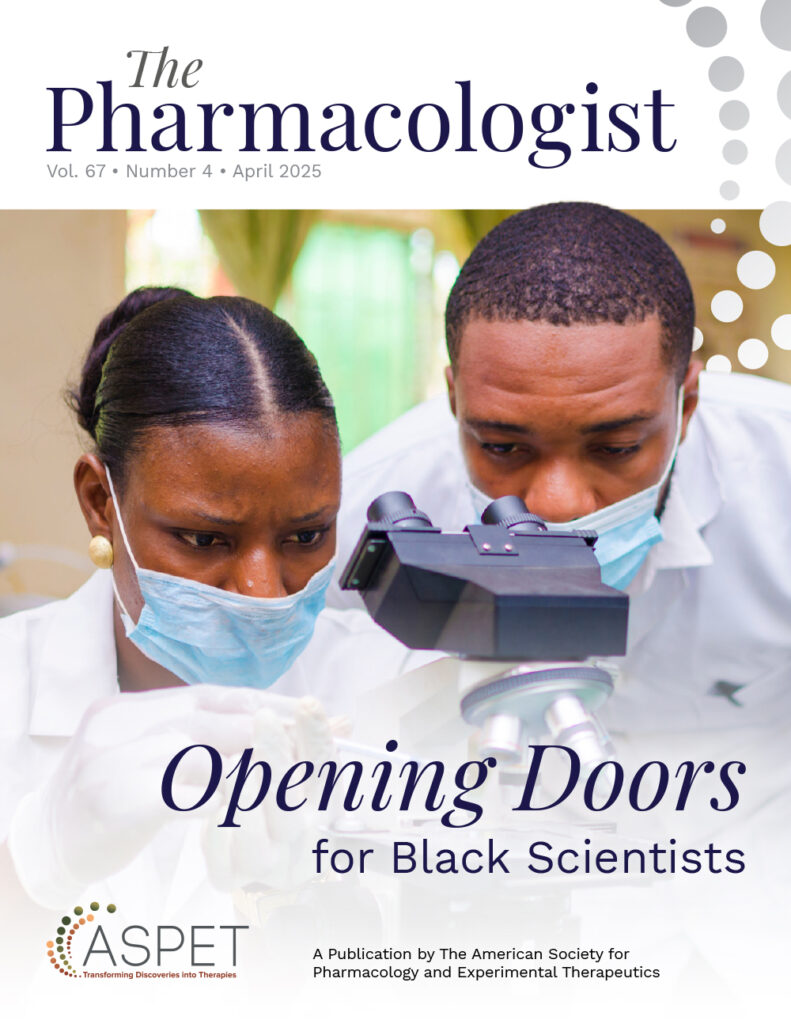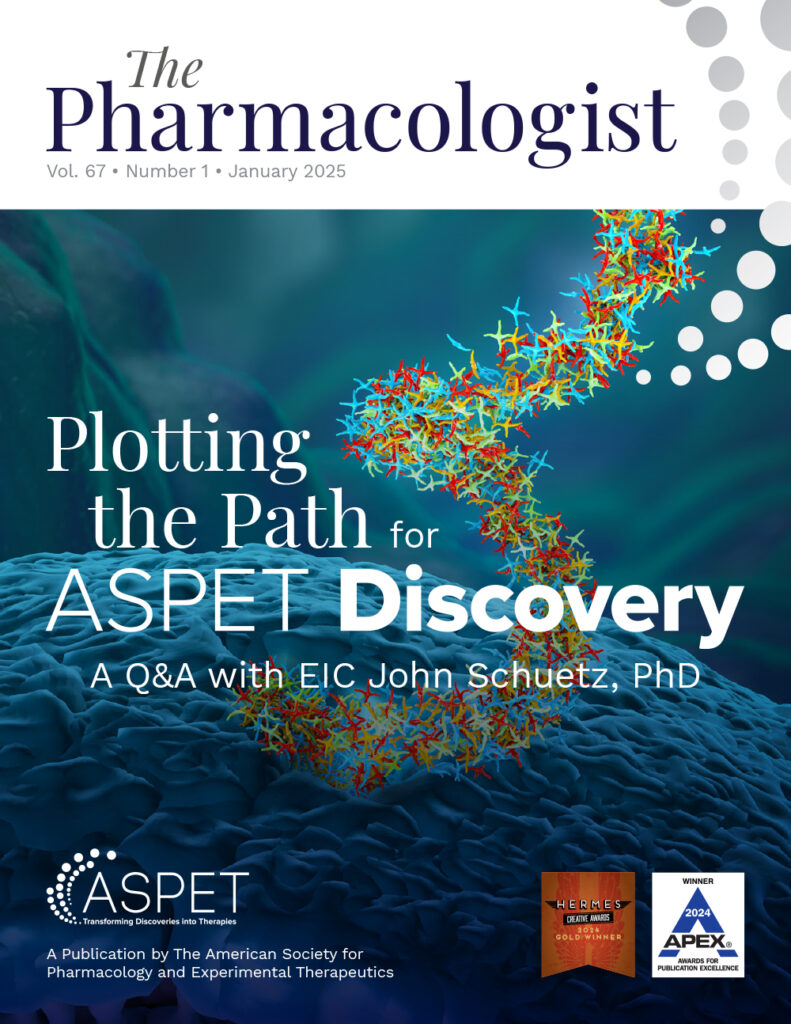Each month, ASPET welcomes new members to our home for pharmacology. This month, we recognize 144 individuals from 97 universities, colleges and companies who have joined 4,000 other members in the pharmacology community.
Honoring ASPET members who have passed.
Now in its second year, ASPET’s science policy newsletter, Advocacy Brief, helps members keep up with breaking news on policy decisions and legislation affecting biomedical research, research funding opportunities, regulations and other important matters impacting pharmacology and pharmacologists.
A showcase of early-career scientists—what drives them and why pharmacology is important to them.
For a long time, my grandfather suffered from indigestion. In his day, gastritis (i.e., inflammation of the stomach lining) was thought to be due to excessive acid secretion. And damage from stomach acid could cause peptic ulcers.
As we wrap up 2024, the end of the calendar year serves as a natural opportunity to reflect on what’s been achieved and think about the plans for what lies ahead for ASPET. The past year brought several new initiatives and improvements to ASPET programs to provide more value to our members.
A Conversation with ASPET’s Drug Metabolism and Disposition Division Secretary/Treasurer, Klarissa Jackson, PhD
Each month, ASPET welcomes new members to our home for pharmacology. This month, we recognize 115 individuals from 76 universities, colleges and companies who have joined 4,000 other members in the pharmacology community.
This month The Pharmacologist features the final two policy briefs written by participants of the 2024 ASPET Washington Fellows program. These topics present compelling arguments for policy improvements on an issue of personal importance to each Fellow. The policy briefs below discuss racial disparities in maternal mortality and increased PFAS regulations in consumer products.








